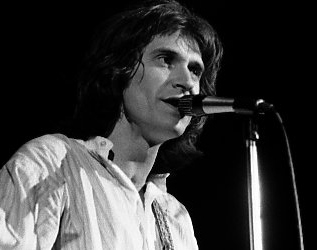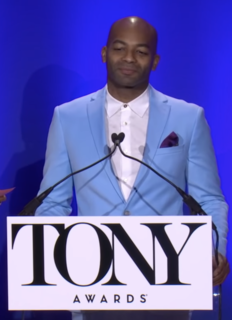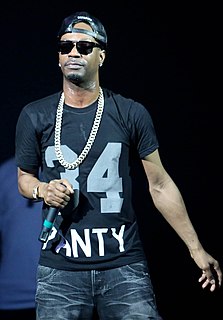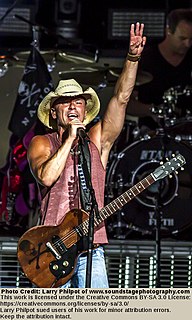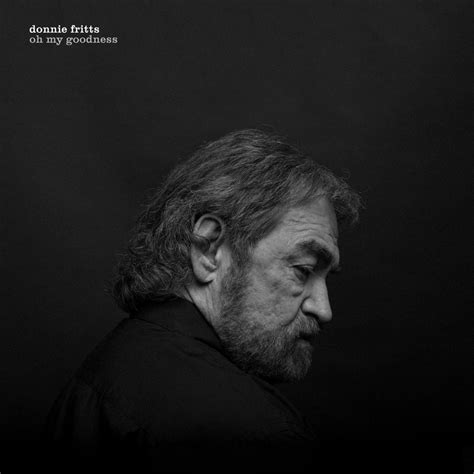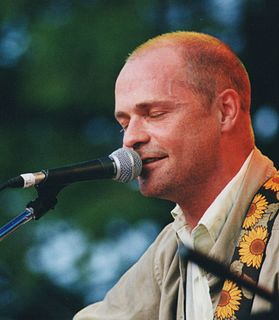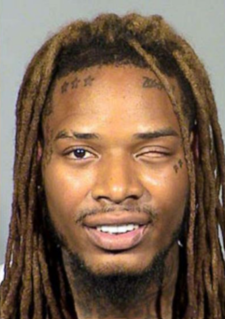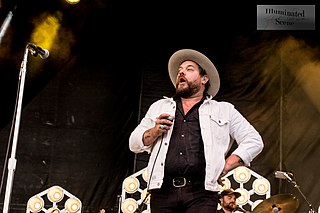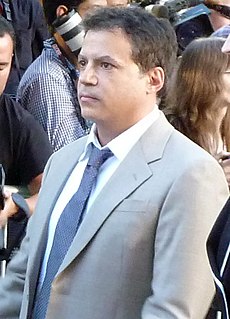A Quote by Mayer Hawthorne
A big part of the Motown formula was, they took music and turned it into this sort of automotive assembly line. They were cranking out 10 songs a day in that studio, or more.
Related Quotes
All those experiences were a chance to learn more about music. Playing with the Valley band is like such a "live" band. I mean, really, in many ways Bright Eyes is really a studio project. We form bands to tour, but it really is - you know, we take the songs and we figure out how to decorate them and it's all in the studio, we build the songs that way. Whereas Mystic Valley Band was the exact opposite, where everybody knows what they are gonna be playing on the song and there's sort of a general stylistic approach, and then it's just plug in and play.
Tom Stafford was an odd character, you know - a brilliant guy. He looked weird and I think he took a really defensive attitude about being a hunchback. You know how people can be, giving him a hard time. So he turned that into a defensive mechanism. He would strike first, a lot of times. But he was a great guy, and really those talks we had when I was about 15, out of all of that came the studio over the drugstore and everything else. I'm not saying - I'm no big deal, but I was a part of the birth of the music there.
Can't nobody do what Fetty Wap does. So when I go to the studio, it may be four to five hours max, probably three days out the week. I used to go to the studio for 10 to 15 hours, and I would do five to 10 songs. Now I go for four to five hours and I do, like, 15 to 20 songs. I'm an ad lib guy. Most people know me for my ad libs.
The only recording studio was in Motown - it was called Tamla/Motown at that time and we used to audition there because Smokey Robinson was at that studio and Berry Gordy was the president. I remember asking Smokey to listen to my group and he did. For the first couple of years we were just singing background. We used to back up Marvin Gaye; Mary Wells was there then, Marv Johnson, the Marvelettes, Martha Reeves and the Vandellas, Junior Walker and the All-Stars.
We love Formula One and think Formula One's great. But we think Formula E is different. We would be making a big mistake if we tried to compete with Formula One and be similar to Formula One, we have to be radically different to Formula One to have a chance of survival. I don't mean survival by beating Formula One but co-existing complimentary to Formula One.

